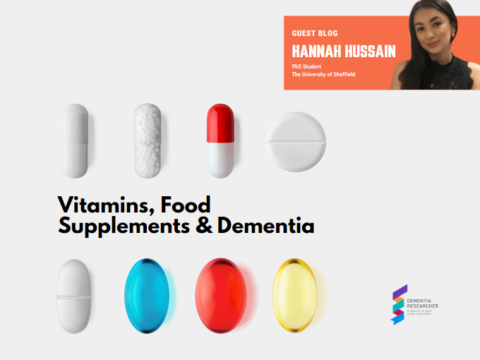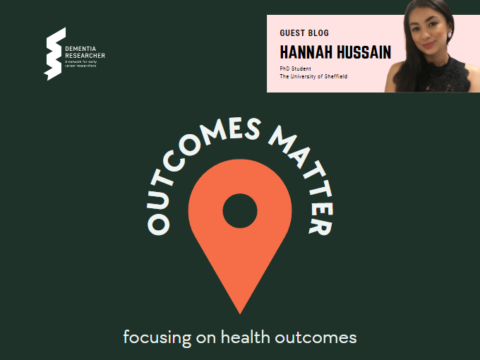
Back on the 11th December RAND Europe published a new report entitled “Enabling NHS staff to contribute to research: reflecting on current practice and informing future opportunities”. The Healthcare Improvement Studies Institute sought evidence of why and how NHS staff contribute to healthcare research, as well as their associated engagement challenges and potential enabling mechanisms.
Although evidence on the impact of engaging NHS staff in research is relatively scarce, potential benefits include an impact on the quality and relevance of research studies, on attracting research funding for important healthcare issues, and the opportunity to influence clinical practice.
Background
Staff across the NHS have important expertise to contribute to healthcare research. However, they also face competing demands on their time, not least delivering patient care. Any efforts to mobilise wide-scale NHS workforce engagement need to understand what motivates staff to engage with research; to consider staff constraints; and to establish practical and rewarding mechanisms for harnessing their expertise, commitment to high-quality and safe patient care, and interest in contributing to evidence-based practice through research.
Goals
RAND Europe was commissioned by The Healthcare Improvement Studies Institute (THIS Institute) to review the evidence base on engaging NHS staff in healthcare research. The evidence from this review will help inform the institute’s strategy for engaging staff across the NHS with its research activities. The report will also be useful for other organisations and initiatives seeking to engage NHS staff in research.
Methodology
Based on a rapid evidence assessment and interviews with experts, this report examines why and how NHS staff contribute to research, associated engagement challenges and potential enabling mechanisms. This review is primarily concerned with active NHS staff engagement in healthcare research, for example in helping shape research questions or in implementing study designs, rather than considering NHS staff as study participants.
Findings
- NHS staff choose to engage with research for a variety of reasons, including:
- personal interest;
- cultural expectations in some clinical disciplines;
- a belief that research and evidence can improve the quality and safety of healthcare;
- a positive prior experience with research; and
- prospects for career development.
- NHS staff can contribute to research in a variety of ways. These include:
- consultation-based involvement;
- directly working with research teams, for example in advisory roles or as part of clinical research networks; and
- as members of a research team, for example as co-researchers or members of steering committees.
- There is a range of challenges to effective NHS staff engagement, however there is growing evidence about factors that do help, and rewards that could be pursued as well. Examples of rewards for engagement that matter most to NHS staff include professional development opportunities and seeing the impact of their research contributions on clinical practice.
- Challenges to effective NHS staff involvement with research include: lack of sufficient funding for research and/or lack of awareness how to access it; lack of knowledge and skills needed to do research; and insufficient support by leadership and associated lack of strategic planning for research and development at organisational level.
- Factors that enable NHS staff engagement include: having time to engage and leadership support, access to information about research opportunities and any requisite training, and recognition of contributions to research in career development pathways.
- Evidence on the impact of engaging NHS staff in research is relatively scarce, with more focus on the potential benefits of engagement rather than systematically evaluating impact. However, potential benefits reported in the literature include: an impact on research studies by, for example, helping to shape research designs and priorities; an impact on the wider research system, for example through attracting funding for research; and the opportunity to influence clinical practice, for example through spreading knowledge about evidence-based practices and promoting the uptake of evidence.
Challenges and enablers of effective NHS staff involvement with research
| Driver of effective involvement | Challenges | Enabling mechanisms |
|---|---|---|
| Governance, management and infrastructure |
|
|
| Individual and organisational capacity to be involved in research |
|
|
| Culture, attitudes, values and behaviours |
|
|
Recommendations
The report offers the following recommendations to inform strategies for engaging NHS staff in research:
- Identify the most meaningful types of contribution on a case-by-case basis, depending on what best fits the needs of a project and organisation.
- Ensure at the outset that research roles and responsibilities are clear and well defined.
- Consider the balance between targeting specific groups and opening up engagement more widely.
- Consider accessing existing data sources that shed light on issues that matter to the NHS workforce.
- Frame opportunities for involvement in a way that aligns with what motivates NHS staff to engage with health research and communicate the relevance of the opportunity to their everyday work and job roles.
- Pay attention to the language used in communicating with healthcare staff and avoid unnecessary jargon.
- Consider how best to use established and trusted professional networks to share information and attract NHS staff to take part.
- Make engagement opportunities user friendly.
- Establish and nurture relationships with leadership in healthcare provider organisations.
- Ensure that opportunities to recognise and reward involvement in research are created and communicated.
- Organisations should reflect on how they can contribute to research capacity building in the NHS.
- At the outset of a project, establish evaluation plans for assessing and learning about the process, outcomes and impacts of NHS staff engagement with research.

 Print This Post
Print This Post




